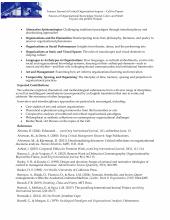Ocler Rodolphe
|
Kenneth N. Ehrensal
|
Heather Berthoud; Jen Ray
|
Beth Applegate
|
Jason S. LeCoure; Albert J. Mills
|
Debra A. Harkins; Sukanya Ray; Terryi M. Davis
|
Melanie Lawler
|
Ralf Wetzel
|
Michał Izak
|
Hamid Foroughi
|
Anete M.Camille Strand
Wyświetleń2707 Pobrań1135
|
Steffen Roth
|
Lukasz Sulkowski
|





